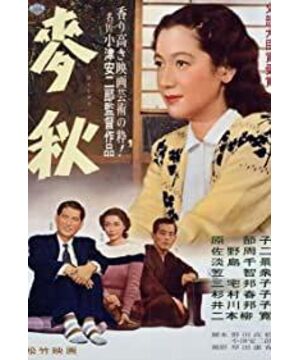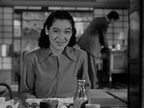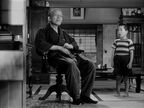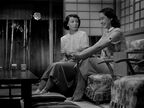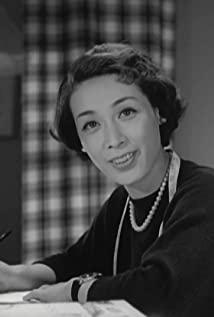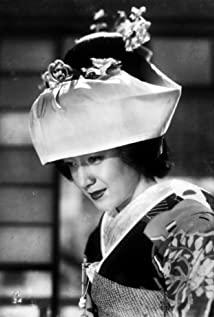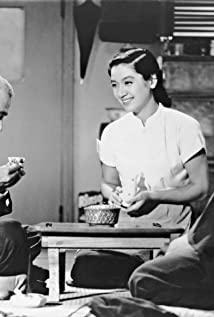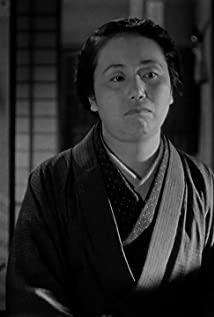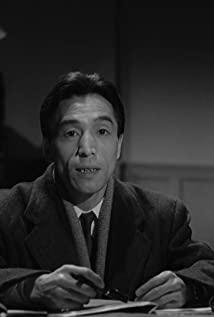Ozu made another movie about marrying a girl, but the core of this movie has nothing to do with "Late Spring" and "Autumn Harmony", but is closer to "Tokyo Story", which does not talk about marrying a girl.
In "Tokyo Story", the couple went to Tokyo to visit their children from the countryside, and the family in "Mai Qiu" lived directly in the suburbs of Tokyo. People who have watched "Tokyo Story" must have been impressed by the scene where the couple sat on the seawall and looked at the calm and wide sea. The two films also talk about the alienation of interpersonal relationships in big city life, and the hesitation in the face of the establishment of a new order.
The world keeps changing and we all fly away, but there are always some things that don't change.
Representatives of the New Order:
1. Two children who just want to play with electric rail trains and treat people rudely.
2. Noriko's classmate. Two married classmates, trapped in the new order and unable to come out anytime and anywhere, insist that marriage is good. Another classmate is a staunch non-marriageist.
3. Noriko's blind date is a 40-year-old wealthy squire, who has been in a gentleman's magazine and has a villa and servants at home.
4. The previous Noriko, likes to eat expensive cream cakes, works in an office building, pursues non-marriage and free love.
Representative of the old order:
1. Noriko's parents are content with their current life, and after Noriko gets married, they will go back to the countryside.
2. The uncle of Noriko, who is almost deaf, smokes the old cigarette holder of the old times.
3. Noriko's eldest sister-in-law is devoted to her family and lives frugally.
4. Noriko's future mother-in-law has no time to avoid the busy road in the city, and does not want to leave her hometown to go to Akita.
5. When Kiko's neighbors heard that the children hadn't come back, they offered to help look for them.
Maybe the toys that children love will change, marriage will only look forward, and the streets will not be able to go through the continuous flow of cars. The big city makes the relationship between our neighbors far away, and the second son lost on the battlefield will never be won't come back either.
But there are always red balloons floating in the sky, clear waters on the beach, low clouds in the sky, black and white chess pieces on the chessboard, and golden wheat waves blown by the wind. There are always people who like these outdated hobbies, and there are always people who love the people around them more than Great wealth and great honor, some fetters will always remain in our hearts, this is Ozu's deep nostalgia for the old days.
View more about Early Summer reviews


